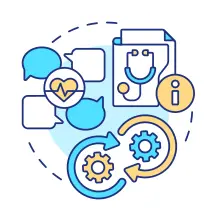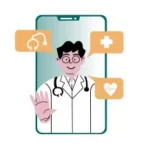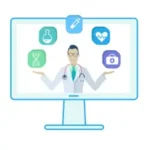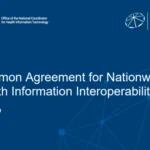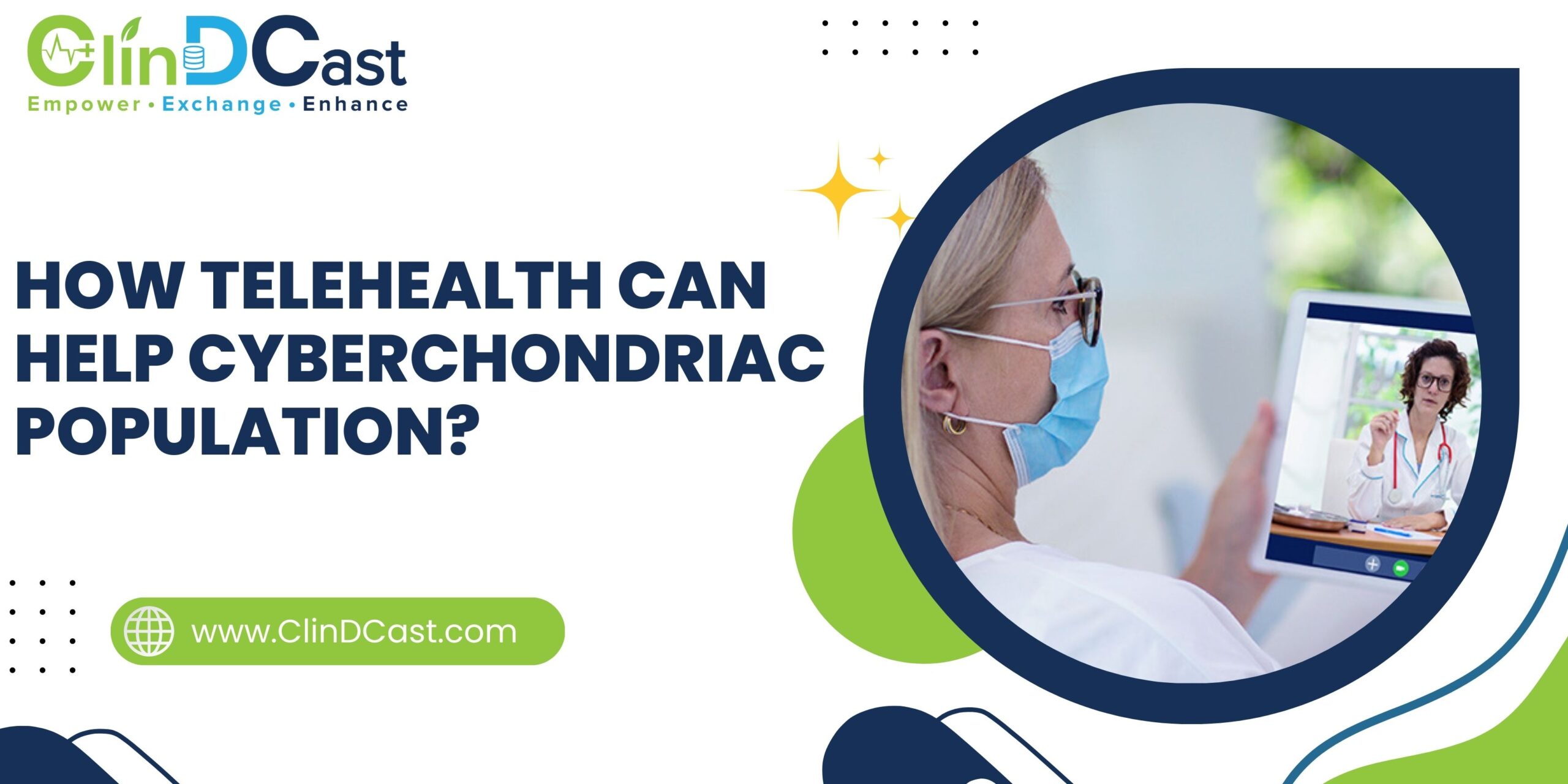
Gradient Flow and John Snow Labs recently completed a survey that explored the application of Generative Artificial Intelligence (GenAI) in the life sciences and healthcare industry. The results provide insight into how the use of GenAI is developing, highlighting trends, obstacles, and possibilities that could impact healthcare in the years to come.
Rising Adoption and Investment:
According to the report, industry-wide GenAI budgets have increased dramatically, indicating strong support and investment in this game-changing technology. Technical leaders, who realized how much potential there was in GenAI, reported the biggest budget increases—some saw growth rates as high as 300%. This passionate investment demonstrates the increasing awareness of the potential of GenAI to transform healthcare procedures.
Healthcare-Specific Language Models (LLMs) Take Center Stage
Respondents exhibited a preference for custom-built, task-specific language models tailored to the unique demands of the healthcare domain. Additionally, open-source models garnered popularity due to their cost-effectiveness and adaptability. The emphasis on bespoke LLMs underscores the industry’s commitment to harnessing AI solutions tailored to healthcare challenges.
Broad Applications for LLMs in Healthcare
The versatility of LLMs in healthcare was evident, with common applications ranging from answering patient queries to deploying medical chatbots and extracting vital information from complex datasets. Technical leaders particularly emphasized the potential of LLMs in information extraction and biomedical research, highlighting their diverse utility across healthcare domains.
LLMs: A Transformative Force for Patient Care
Expectations surrounding LLMs’ impact on patient care were high, with respondents foreseeing significant contributions in transcribing doctor-patient interactions, facilitating medical chatbots, and enhancing patient education. Smaller companies, renowned for their agility, exhibited especially lofty expectations, reflecting their eagerness to leverage innovative technologies for patient-centric solutions.
Emphasis on Accuracy, Security, and Privacy
Despite the enthusiasm for GenAI adoption, concerns regarding accuracy, security, and privacy loomed large. Technical leaders, in particular, demonstrated a keen awareness of these challenges, prioritizing stringent evaluation criteria to mitigate risks and ensure ethical development.
Challenges and Roadblocks to Adoption
The survey identified several impediments to GenAI adoption, including concerns regarding accuracy, legal implications, and reputational risks. Smaller companies, constrained by limited resources, cited cost as a significant barrier, highlighting the need for tailored strategies to democratize access to GenAI technologies.
Human Oversight
The imperative of human oversight in GenAI development was underscored, with the “human-in-the-loop” approach emerging as a common practice for testing and refining LLM models. This collaborative synergy between human expertise and AI capabilities is deemed essential for ensuring the reliability and ethical integrity of GenAI solutions.
Testing Focus
Testing protocols prioritized fairness, transparency, and safeguarding against private data leakage, reflecting a commitment to ethical AI deployment. Technical leaders, cognizant of the nuanced risks associated with GenAI, placed particular emphasis on mitigating the potential for misinformation and privacy breaches.
Future Outlook
Despite the challenges, the survey paints an optimistic outlook for the future of GenAI in healthcare, envisioning transformative impacts on patient care, operational efficiency, and scientific advancement. However, realizing this potential necessitates concerted efforts to address accuracy, bias, and industry-specific nuances. Collaboration between technical experts and healthcare stakeholders will be pivotal in navigating these complexities and fostering the responsible integration of GenAI into healthcare ecosystems.
you can read more about Generative AI Healthcare Survey Shows Growing Adoption Despite Challenges at : https://hitconsultant.net/2024/04/24/generative-ai-in-healthcare-survey-results/
Conclusion
The research study sheds light on the generative artificial intelligence (GenAI) field’s increasing popularity, signaling a promising but complex trend. GenAI is ready to transform research and patient care with growing funding and an emphasis on language models customized for the healthcare industry. Accuracy, security, and the requirement for human control are still issues, though. To overcome these ethical obstacles, cooperation between IT experts and healthcare professionals will be essential. Setting responsible development as a top priority will guarantee that, as GenAI develops further, its transformative potential is realized while maintaining patient-centric principles. we hope you like our blog which was on Generative AI Healthcare Survey Shows Growing Adoption Despite Challenges follow clindcast.com regularly to keep yourself updated in the world of Healthcare IT.

